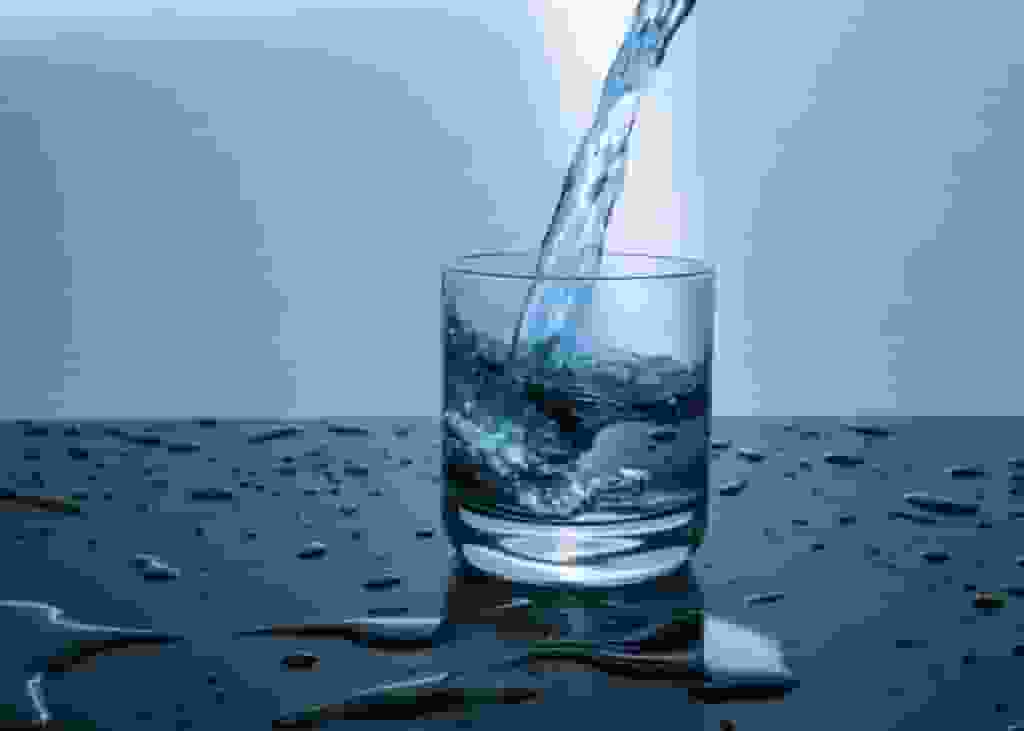
A recent study reveals that inadequate water intake is associated with accelerated biological aging and an increased risk of early mortality.
Intriguing research from the National Institutes of Health (NIH) suggests that those who don’t drink enough water may be more susceptible to acquiring chronic illnesses and dying sooner.
The results of a prior NIH study, conducted by the same team of researchers, that looked at the consequences of prolonged water restriction on lab mice’s health served as the impetus for this most recent investigation.
Biological Aging
Researchers think they’ve uncovered a component of the equation that will enable people to live longer, healthier lives. Simple solutions like getting adequate water could work.
According to a recent study, those who maintain sufficient hydration are less likely to develop chronic diseases and premature aging. The study was published in The Lancet journal eBioMedicine.
In order to determine whether human hydration levels have an impact on health and lifespan, this study set out to answer that question. A lengthy study on heart health that has been going on since the 1980s was examined by researchers. An average of nearly 25 years was spent monitoring more than 15,000 individuals.
Researchers used blood samples’ serum sodium levels as a stand-in for hydration status. It has long been recognized that healthy persons have optimal overall hydration levels when their serum sodium levels are between 135 and 146 millimoles per liter (mmol/l).
Serum sodium levels and fifteen other health indicators were tracked over a 25-year period to calculate the cohort’s biological aging. These markers included insulin, blood sugar, and other immunological biomarkers.
In the study’s participants, a blood sodium level of greater than 142 mmol/l was linked to a quicker rate of biological aging. Particularly, anything above this level raised by up to 15% the risk that a person would appear physiologically older than their actual age.
Additionally, those with serum salt levels above 144 mmol/l had a 50% higher chance of seeming older than they actually were.
It was shown that when blood salt levels are above 142 mmol/l, the risk of getting chronic diseases, such as heart failure, diabetes, and dementia, rises by 64%.
Read more: COVID-19 vaccine has been discovered to provide protection against brain damage
High Sodium Levels Increase Mortality Risk

The risk of mortality was shown to be 21% higher in people with the highest blood sodium levels (144.5-146 mmol/l) than it was in people with the lowest values.
Despite the most recent research findings, it’s crucial to remember that we shouldn’t draw conclusions about causation and effect based solely on correlations. Therefore, researchers are circumspect in emphasizing that their data do not establish that persistent dehydration directly contributes to a shorter lifespan.
Perhaps those who routinely consume large amounts of water also frequently engage in good eating and physical activity, making modest levels of daily hydration a reasonable indicator of an overall healthy lifestyle.
However, researchers also point out that dehydration can make animal and human cells display signs of aging, at least in some laboratory studies.
These investigations have demonstrated that elevated serum sodium also promotes pro-inflammatory activity and DNA damage linked to accelerated aging.
Therefore, it is plausible to assume that chronic sub-optimal hydration is undoubtedly a contributing factor, at least indirectly or partially, even though the amount of water one consumes may not directly cause age-related illnesses.
Co-author of the aforementioned study Natalia Dmitrieva stated that, in any event, anyone with blood salt levels greater than 142 mmol/l would unquestionably benefit from drinking more water. According to estimates, about half of all people do not regularly consume enough water.
Dmitrieva draws the conclusion that if more research can demonstrate the connection between the two, a straightforward intervention emphasizing hydration may have a significant impact on global health.
How Much Water Should You Take?
Adult women should strive to drink around 2.2 liters of water daily, while adult men should aim for about three liters, per a study by the National Institutes of Health (NIH).
You do not need to consume those exact quantities, though.
The two to two-and-a-half liter per-day range has been the subject of several well-done research, according to Zwerling. However, “that [water intake] comes from drinking [only] 80% of the time.”
The water content of the food we eat contributes to our daily requirements. Depending on our health issues or the medications we’re taking, the suggestion may also change.
“Or if you have an acute infection, which can require drinking more water than the recommended amount,” Zwerling said.
Read more: NHS attempts to alleviate health crisis by funding care beds so-called “block-book beds”

